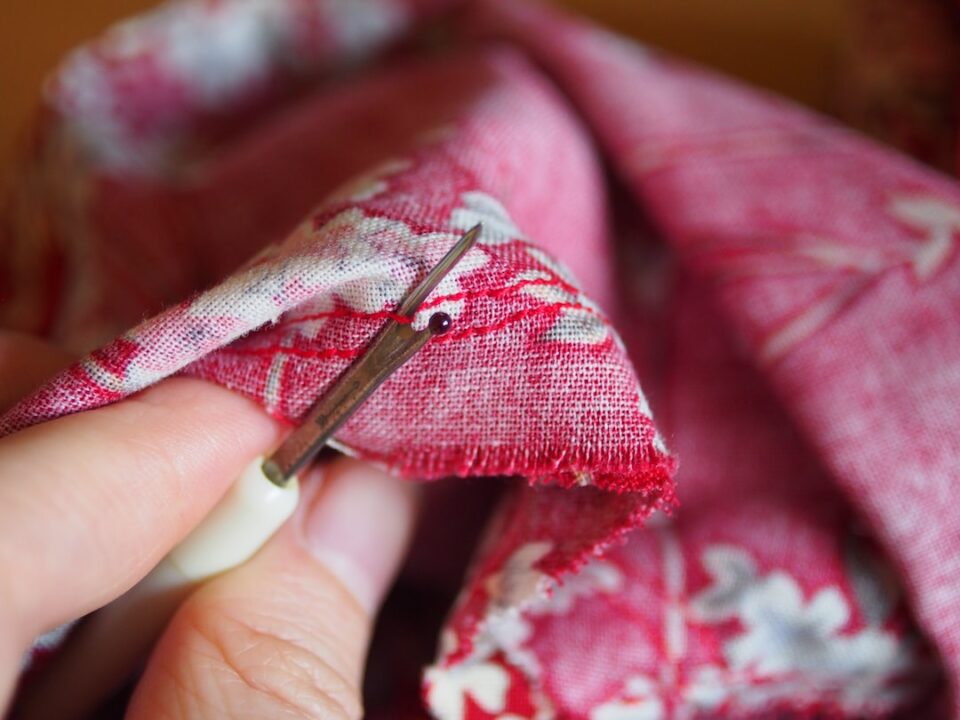Getting started with beekeeping: a beginner’s guide to honey production
Beekeeping has become increasingly popular in recent years, with more and more people recognizing the vital role that bees play in our ecosystem. Not only do bees pollinate flowering plants, but they also produce honey, one of nature’s most delicious and versatile products. If you’re interested in becoming a beekeeper and producing your own honey, this beginner’s guide will walk you through the essential steps to get started.
1. Educate yourself about bees: Before diving into beekeeping, it’s crucial to understand the basics of bee biology, behavior, and management. There are numerous resources available, including books, online courses, and local beekeeping associations, where you can gain foundational knowledge.
2. Obtain the necessary equipment: Acquiring the right tools and equipment is an essential step towards successful beekeeping. Some of the indispensable items include beehives, protective clothing (such as a bee suit, gloves, and a veil), a smoker to calm the bees, hive tools, and feeders. Make sure to invest in quality products that will provide adequate protection for both you and your bees.
3. Choose the right location: Bees require a suitable location to thrive and produce honey effectively. Ideally, the beekeeping site should have ample access to flowers and nectar sources, as well as nearby water sources for the bees to drink. Additionally, consider any local regulations or restrictions that may apply to beekeeping in your area.
4. Acquire bees: There are several ways to obtain bees for your hive. You can purchase either an established colony (including the queen, workers, and drones) or a nucleus colony (a small starter colony). Alternatively, you can catch a swarm or order a package of bees, which usually includes a queen and several thousand worker bees.
5. Set up your hive: Prepare the beehive by assembling its components, including the bottom board, brood boxes, honey supers, frames, and inner and outer covers. Ensure that the hive is level and secure, as stability is crucial to the bees’ well-being. It’s also important to provide a source of water nearby, as bees need it for cooling the hive and diluting honey, especially during hot weather.
6. Feed your bees: During the initial period, when the bees are still establishing their colony, it may be necessary to supplement their food sources. This is particularly important during seasons with limited nectar flow or when there is a shortage of flowers nearby. Sugar syrup can be fed to the bees to ensure their survival and promote colony growth.
7. Learn to manage your bees: As a beekeeper, you’ll need to periodically inspect your hive and manage your bees. Conducting regular inspections allows you to monitor the health and productivity of the colony while ensuring that the queen is laying enough eggs and that the hive is free from any diseases or parasites. Remember to always handle bees gently and with the utmost care.
8. Harvesting honey: Harvesting honey is one of the most rewarding aspects of beekeeping. Once your hive has produced sufficient honey, you can start the extraction process. Remove the frames containing capped honey from the hive and use a honey extractor to spin out the honey from the comb. Finally, strain the honey to remove any impurities, and store it in clean, airtight containers.
9. Safety precautions: Beekeeping comes with certain risks, so it’s crucial to take the necessary safety precautions. Always wear protective clothing when working with your bees to avoid bee stings, as some individuals may be allergic. Additionally, ensure that you’re aware of any regulations or guidelines regarding the management and health of bees in your area.
10. Join a beekeeping community: There is a wealth of knowledge and support within the beekeeping community. Connecting with local beekeeping associations or joining online forums and social media groups can provide you with valuable insights, advice, and mentorship opportunities. Learning from experienced beekeepers can greatly enhance your own beekeeping journey.
Beekeeping is a rewarding and fulfilling activity that not only allows you to enjoy the delicious fruits of your labor but also contributes to the well-being of our environment. By following the steps outlined in this beginner’s guide, you’ll be well-equipped to embark on your beekeeping journey and start producing your own honey. So, roll up your sleeves, put on your bee suit, and get ready to experience the fascinating world of bees and honey production!

